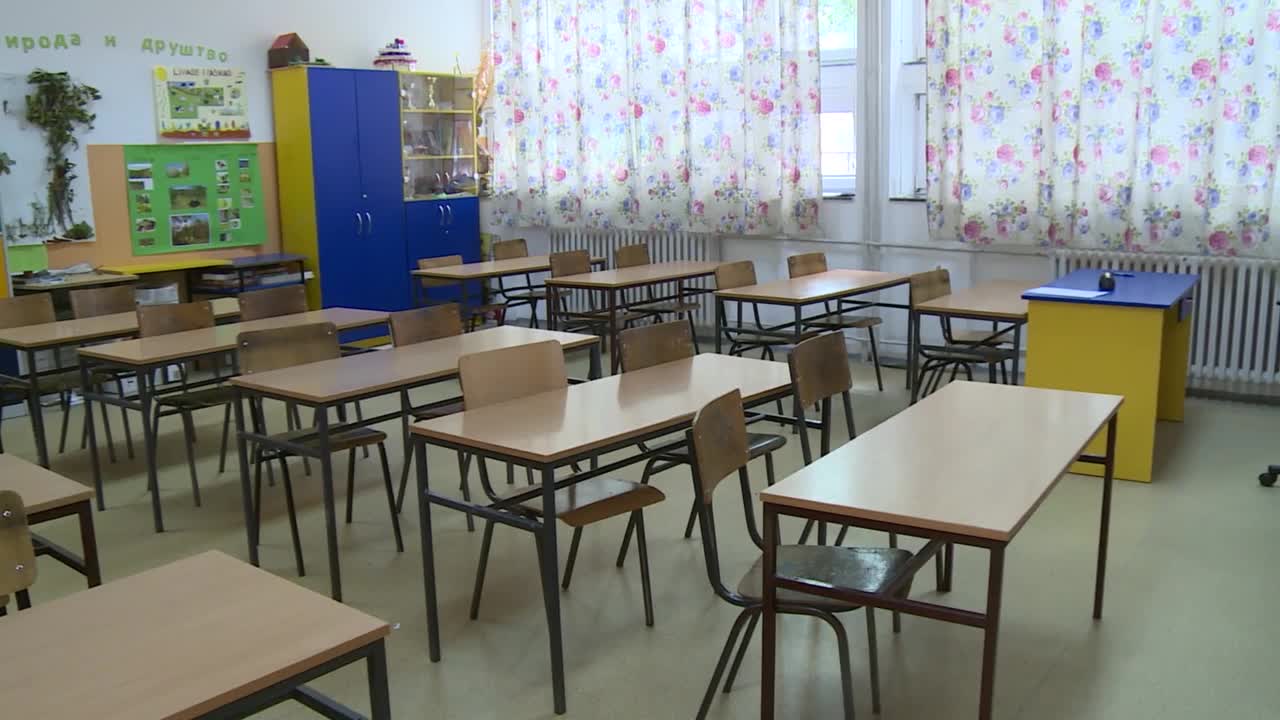
A local court in Kotor Varos, northern Bosnian town, ruled in favour of Bosniak minority and ordered to the 'Sveti Sava' primary school to introduce the ethnic group of subjects in a local school in Vrbanjci village, the Balkan Investigative Reporting Network (BIRN) reported.
The court set an eight-day deadline to the school management and competent authorities of Republika Srpska, Bosnia's Serb-dominated semi-autonomous region where the town is located, to “execute in solidarity the activities that will remove discrimination and its consequences, and ensure the right to equal treatment for the applicant.”
Students in the country belonging to the three major ethnic groups – officially called the constituent peoples, are taught under different curriculums in most parts of the country. Bosniaks, Serbs and Croats have different groups of subjects and the languages are among them.
The applicants, in this case, are the parents of 16 Bosniak returnee students from Vrbanjci and nearby villages, who demanded that their children are taught the ethnic group of subjects including language and literature, history, geography, science and nature – in the Bosnian language. They asked to be taught under the curriculum of Zenica-Doboj Canton, an administrative unit in the Federation, Bosnia's other semi-autonomous region shared by Bosniaks and Croats.
The court also ruled that the classes are held by returnee teachers.
“In practice, the ruling is legally binding,” said Haris Kaniza, one of the lawyers representing the parents, adding that all actions need to be taken now to apply the ruling.
“I don't know how long it is going to take but this cannot be done overnight and it could take half a month, one or two months,” he added.
The whole process has lasted for years. The parents were even organising protests, while children were boycotting regular classes and taking lessons in a nearby village, held under the curriculum of the aforementioned Zenica-Doboj Canton.
The process had started at the Kotor Varos Basic Court, resumed at the District Court of Banja Luka, sent further to the Supreme Court of Republika Srpska and finally to the Constitutional Court of Bosnia and Herzegovina, which sent it back to the Supreme Court late last year.
Following the appeals, the Constitutional Court resumed the process again and, according to its official website, the appeal procedures are underway.
Kakvo je tvoje mišljenje o ovome?
Učestvuj u diskusiji ili pročitaj komentare





 Srbija
Srbija
 Hrvatska
Hrvatska
 Slovenija
Slovenija







